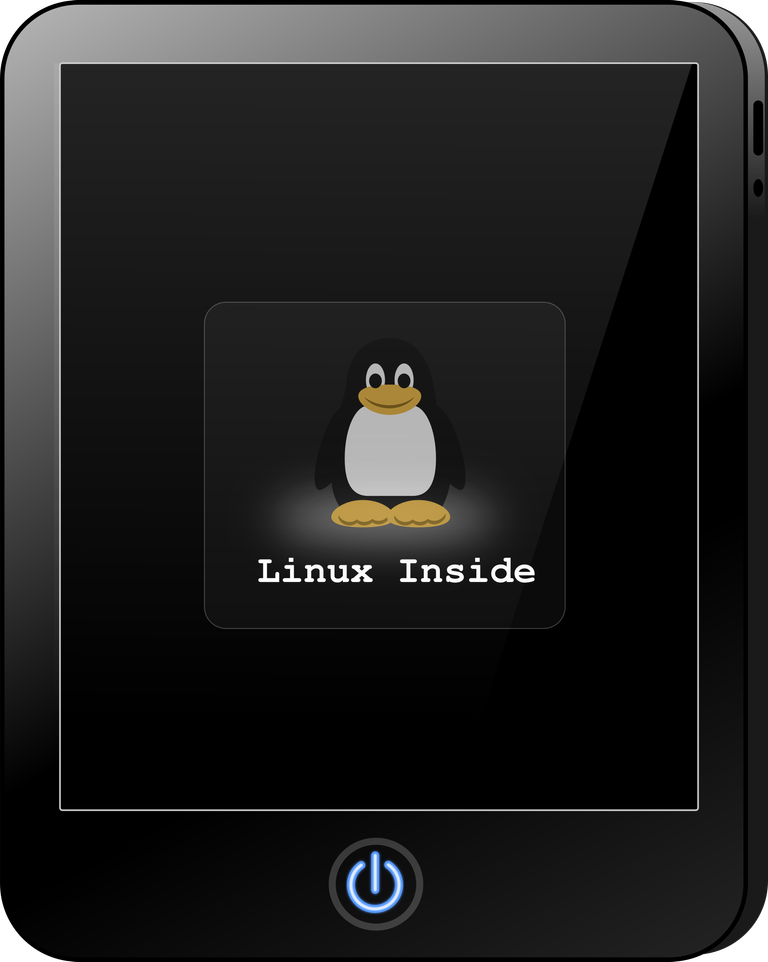
Why we should all use Linux
A brief history of operating systems
- Unix - Unix was the first in this sequence and is a multi-user operating system designed with a character user interface (CUI) for an environment in which a central computer is accessed by users through terminals, which are not computers in their own right, but provide an interface to the central computer.
- DOS - The Disk Operating System was developed as a single user Unix environment for personal computers.
- Windows - Designed to provide a better experience using DOS with a Graphic User Interface(GUI) which separates tasks into 'windows' on the screen and allowing the juggling of tasks, hiding or displaying them at will.
- Mac OS - Apple's first operating system was called Apple DOS and was released in 1978.
- Linux - Developed by Linus Torvalds who developed the concept of a free to use operating system which would be available to all to modify and improve through collaboration.
- Andoid - A mobile operating system developed by Google, based on the Linux kernel and unveiled in 2007
- Most other operating systems are Unix- like open source distributions which are hence also Linux like.
The short of it is that they all grew out of Unix and Linux and Linux is Unix on steroids.

What gave Linux its rapid development boost
Linus Torvalds developed Linux as a personal project with no initial intention of its becoming the world's first open source operating system but things never turn out quite the way they are intended.
When the idea of giving it to the world came, it found the perfect vehicle in his next big idea.
Linus gave Linux to leading universities with the idea that the latest creative minds of science and technology would produce the widest range of functions and features and so it was. The move proved very successful and Linux rapidly became the operating system of choice among universities with many versions of Linux emerging.

Linux Advantages
Linux is Free
Linux is free and open source, which means no purchase price, although Redhat and SUSE now maintain both commercial and open source versions, with commercial support on the commercial versions.
Truly Multi-user
Linux was designed as a multi-user operating system, as opposed to DOS and Windows which utilised collaborative software to provide connectivity between users.

Impervious to Viruses
Linux is not targeted by virus developers and does not need antivirus protection except to protect other environments which access information on Linux machines. The number of 'viruses' which affect Linux itself can be counted on two hands whilst tens of thousands of new viruses are discovered daily in the Windows world.
Stability
Linux has been extremely stable throughout its history as has Unix and servers have run for decades without maintenance.
Free of OS related development restrictions
A huge advantage of open source is application software developers and maintainers are not dependent on a proprietary software giant to solve OS related development issues.

http://daviddavioblue.deviantart.com/
Desktop Superiority
Desktop versions of Linux operating systems have really come of age and are set to leave the opposition behind, at least in the opinion of many adherents. Linux has already had a desktop version voted "Best Desktop Environment of the Year"
Free Software
Besides Linux itself being free, there is a myriad of free software for every conceivable application, along with many paid packages which provide high levels of support.
Effortless Installation
By contrast with early versions of Linux, the simplicity and ease of many current Linux installations, plug and play, hardware compatibility and intuitive configuration are impressive. Even where specific drivers are not present, default drivers serve very well for most hardware. .
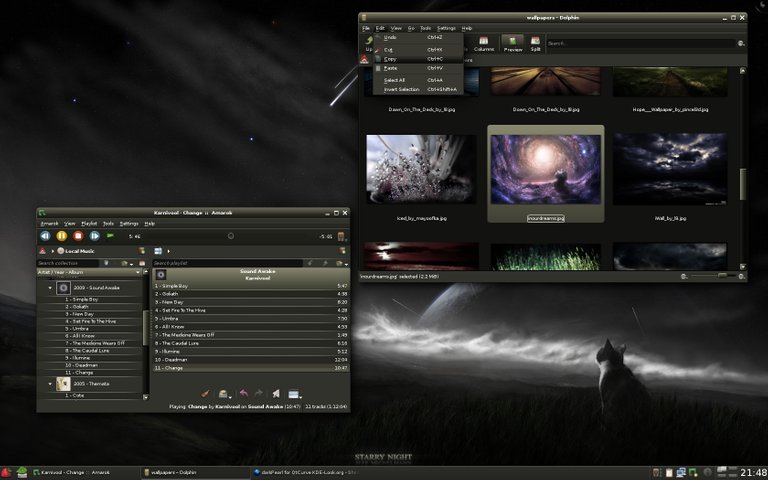
Wide selection of User Interfaces
Linux has a wide variety of graphic user interface options so that, unlike Windows, a user is not compelled to use the intended interface. Users can sample the variety and customise their experience in ways which far exceed all competition.
Linux also runs from the command line, in a character user interface (CUI) which has a major impact on system resource requirements and is perfect for headless servers which are maintained through network or remote access.
Linux also facilitates multiple CUI sessions and concurrent with the graphic interface in the case of desktop versions.
OS and software updates
Linux 0S updates are a breeze as is most software installation, especially by comparison and is also highly customisable. Updates are fast and efficient, optional and innocuous with a high level of enhancement value.
Resource Efficient
Linux resource efficiency has always been high and even exceptional, depending on application and it runs well on low specification hardware. Installation options allow for streamlined systems, utilising only required software, services and options.
Linux provides the option to create your own version, modify and rebuild it as often as you please and even customise kernels.
Virtually all supercomputers are Linux.
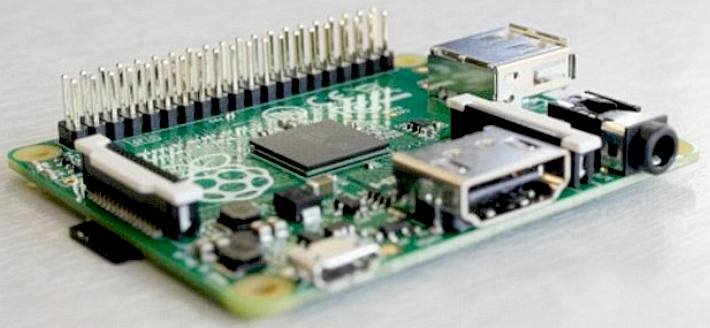
Miniaturisation and The Internet of Things
Linux lends itself to miniaturisation and specialisation and is perfect for the Internet Of Things.
At the Linux Foundation's 2016 Embedded Linux Conference & OpenIoT Summit Linux Torvalds, the Father of Linux said "... Internet of Things (IoT) is transforming embedded Linux from being a topic only programmers could love to one everyone will be using soon."
A good number of miniature computers running Linux have been developed of late including the the Raspberry Pi and The Omega 2 together with an IOT kit which provides the man in the street with the ability to setup his own Internet of Things configuration with an array of miniature devices which he can easily connect, configure and utilise remotely.
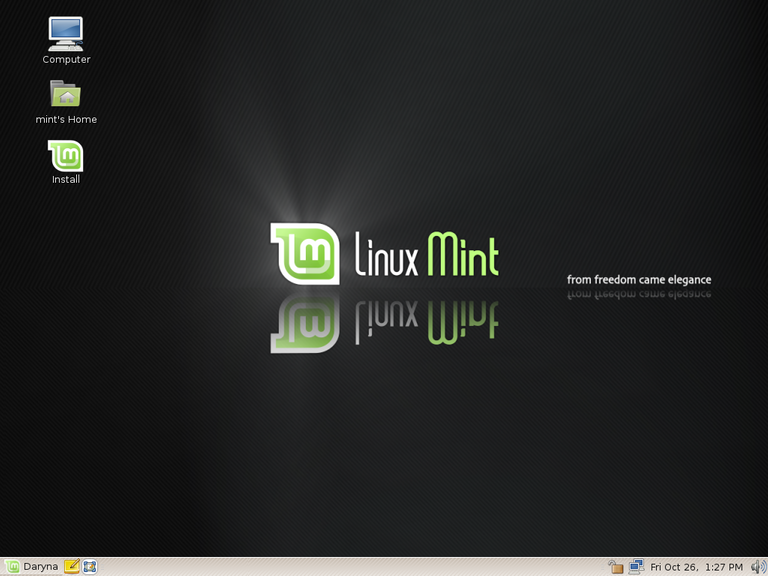
Future growth and development
Linux growth and development should always be good or even accelerate as new generations of developers embrace it without the restrictions typically found in other environments and the IOT vista of opportunity to develop without a proprietary OS is a great enticement.
Impact on software cost in general
With the growth of Linux, a gradual move toward free software resulted in the development of the open source concept and movement.
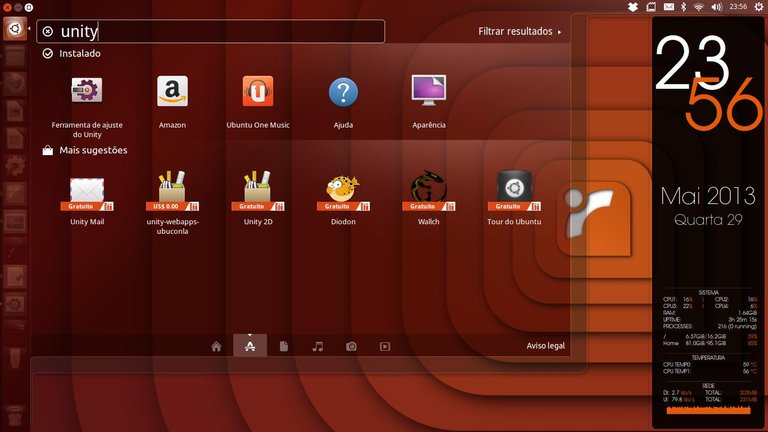
Though it is difficult to determine market share for Linux servers due to the fact that Linux distributions are downloaded and used on multiple machines at will, many of which are not on the Internet, it is estimated that the majority of business servers are Linux.
Linux is the dominant operating system on the Internet, along with other Unix based or like open source distributions.

The more people and business turn to Linux, the faster the world will move toward a truly collaborative future in which software will ultimately be free and open source King.
Without the giant organisations which compete with Linux for market share it enjoys a small portion of its potential patronage but if we all turn to Linux its potential will be incredible as its support levels will provide abundant funding.
This article was primarily written from knowledge gained through my experience and part of it is therefore my operception.
Sources referenced are included in the embedded links except where images are free for commercial use without attribution.
What has happened in recent years is that Linux software has gone from just good enough, to now being some of the best out there.
Take for example Krita. It is a paint program. However, unlike Photoshop(r), it was designed for artists by artists. It has some of the best interfaces for fast and easy brush / size / color selection. And its brushes are leaving Photoshop(r) in the dust.
And, the thing I like about Linux is that it doesn't seem to bloat. Windows gets slower and slower and slower over time. Install Linux, and you will think that you've got a brand new PC.
I chose linux mint 18 and it suits me right! I ditch windows 10 because I hate when somebody spy on my activity.
I've been using Mint since Mint 12 Lisa and it is a pleasure compared to anything else I've used. I started on Redhat 4 in the late 80s, at which time I ran a serve for 5 years without so much as needing a reboot.
I have a client with 86 branches which changed to Redhat and then CentOS when Redhat started charging.
They never looked back. No upgrade costs, no application costs, no capital outlay for new features and assistance from willing contributing enthusiasts all over the world, without cost. Its the way things should be.
Free software is indeed very important (that includes free OS). It is good that the linux community is now more than 10 millions people (which means many potential developers).
I do not know if you noticed my (oldish) post on Richard Stallman being rewarded for developing this concept, among other things. I also pin down a couple of benefits of a free platform :)
I did not know but will check it out now :)
The best OS, no doubt about it. One huge drawback is that you can't use the more popular professional software. For example I work with audio and the best audio software is written and sold on Windows and MacOS. There are alternatives but the standard is already set.
Hence my plea. If we users move them developers follow.